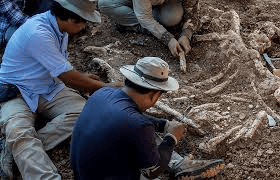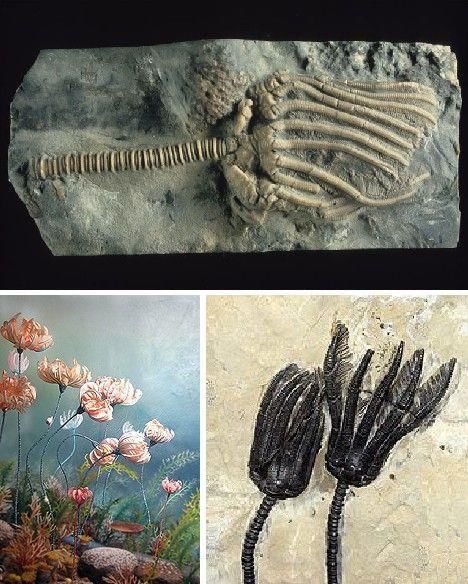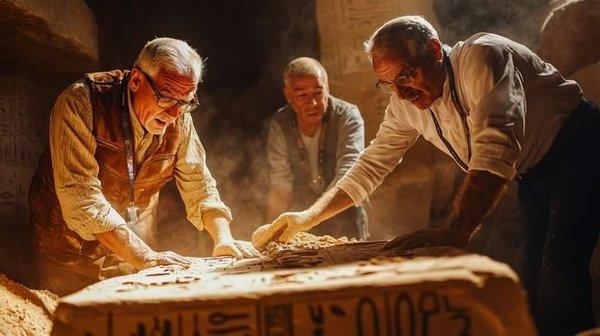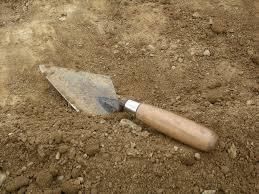|
False. Anthropologists study human societies and cultures from ancient times to the present. 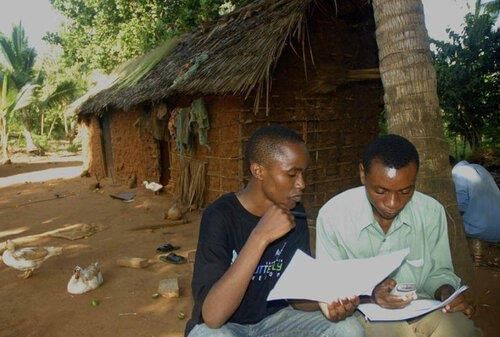 |
Card: 4 / 40 |
|
Fill in the blank: Palaeontologists examine the remains of __________ from millions of years ago. |
Card: 5 / 40 |
|
Geologists study the physical features of the Earth, including soil and mountains. 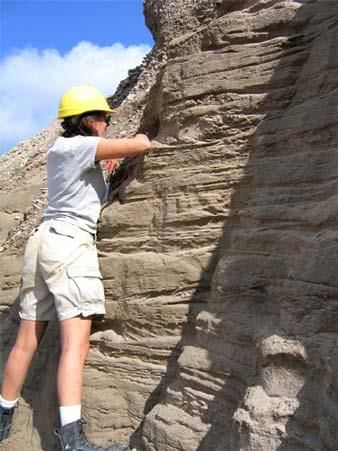 |
Card: 8 / 40 |
|
Riddle: I dig up the past and study what remains; from tools to bones, I uncover the gains. Who am I? |
Card: 9 / 40 |
|
Fill in the blanks: The Earth has a long history, and humans occupy only a tiny, __________ part of it. |
Card: 13 / 40 |
|
Fill in the blank: The years after the birth of Jesus Christ were marked with '___'. |
Card: 17 / 40 |
|
False. 'BC' stands for 'Before Christ'; 'Before Common Era' is abbreviated as 'BCE'. |
Card: 20 / 40 |
 Unlock all Flashcards with EduRev Infinity Plan Starting from @ ₹99 only
|
|
Riddle: I am a tool that helps you see when events happened in order. What am I? |
Card: 21 / 40 |
|
Fill in the blank: Timelines can skip large chunks of time, which is shown by a ___ line. |
Card: 25 / 40 |
|
They show important events in the order they happened, allowing us to see how different events are connected over time. |
Card: 28 / 40 |
|
A panchanga is a traditional Indian calendar book that lists days of each month and provides important information about celestial events, such as solar and lunar eclipses. |
Card: 36 / 40 |
|
False. Historians also use artifacts, inscriptions, and scientific studies to gather information about history. 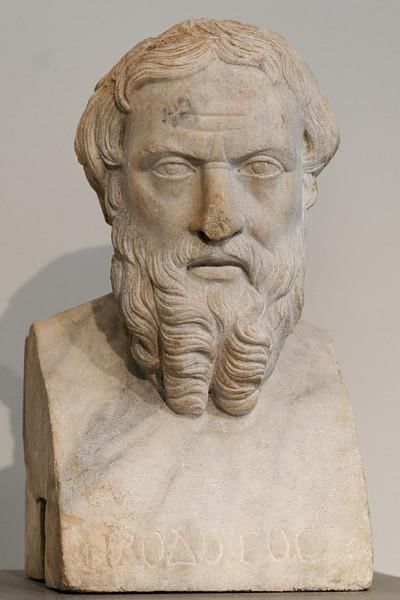 |
Card: 40 / 40 |





